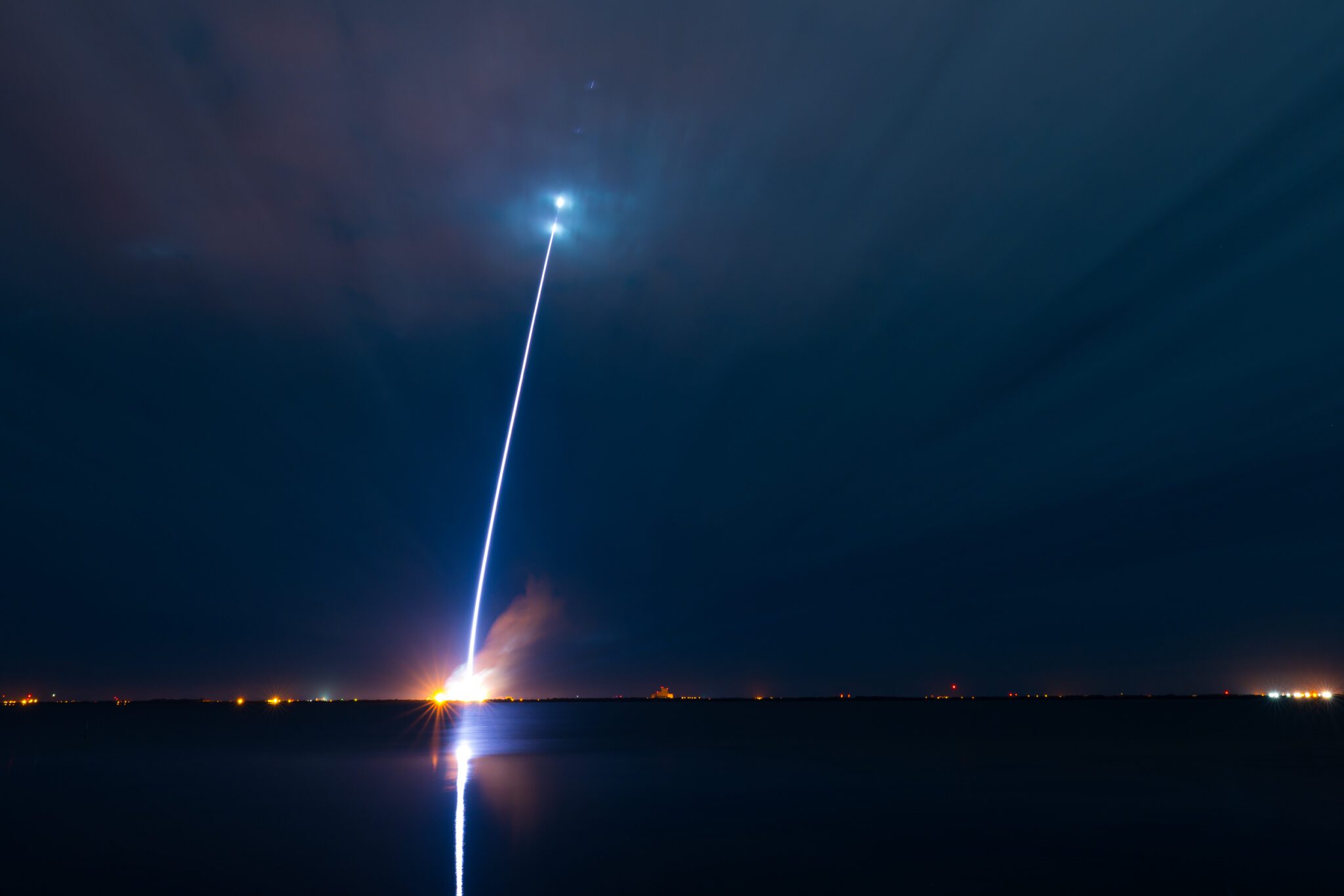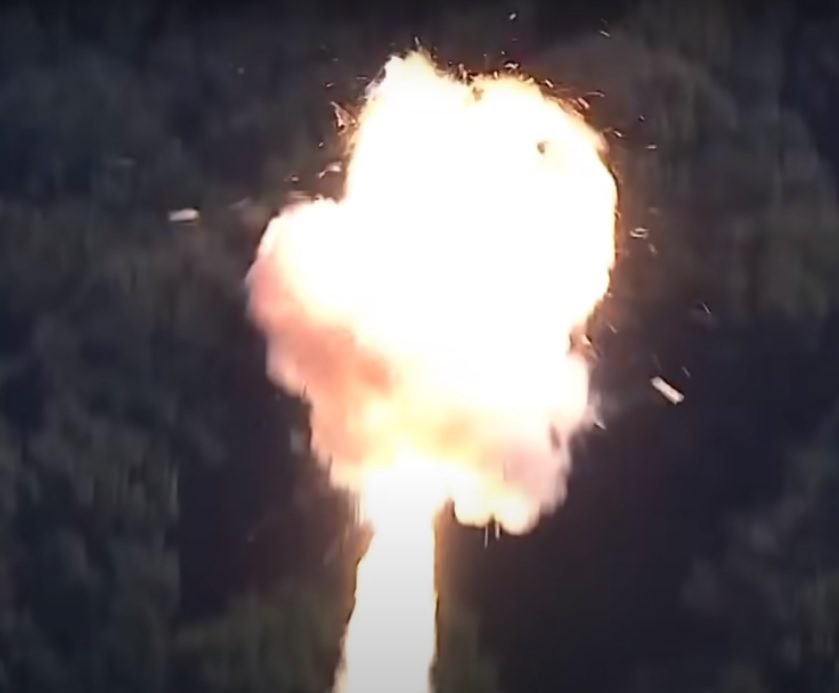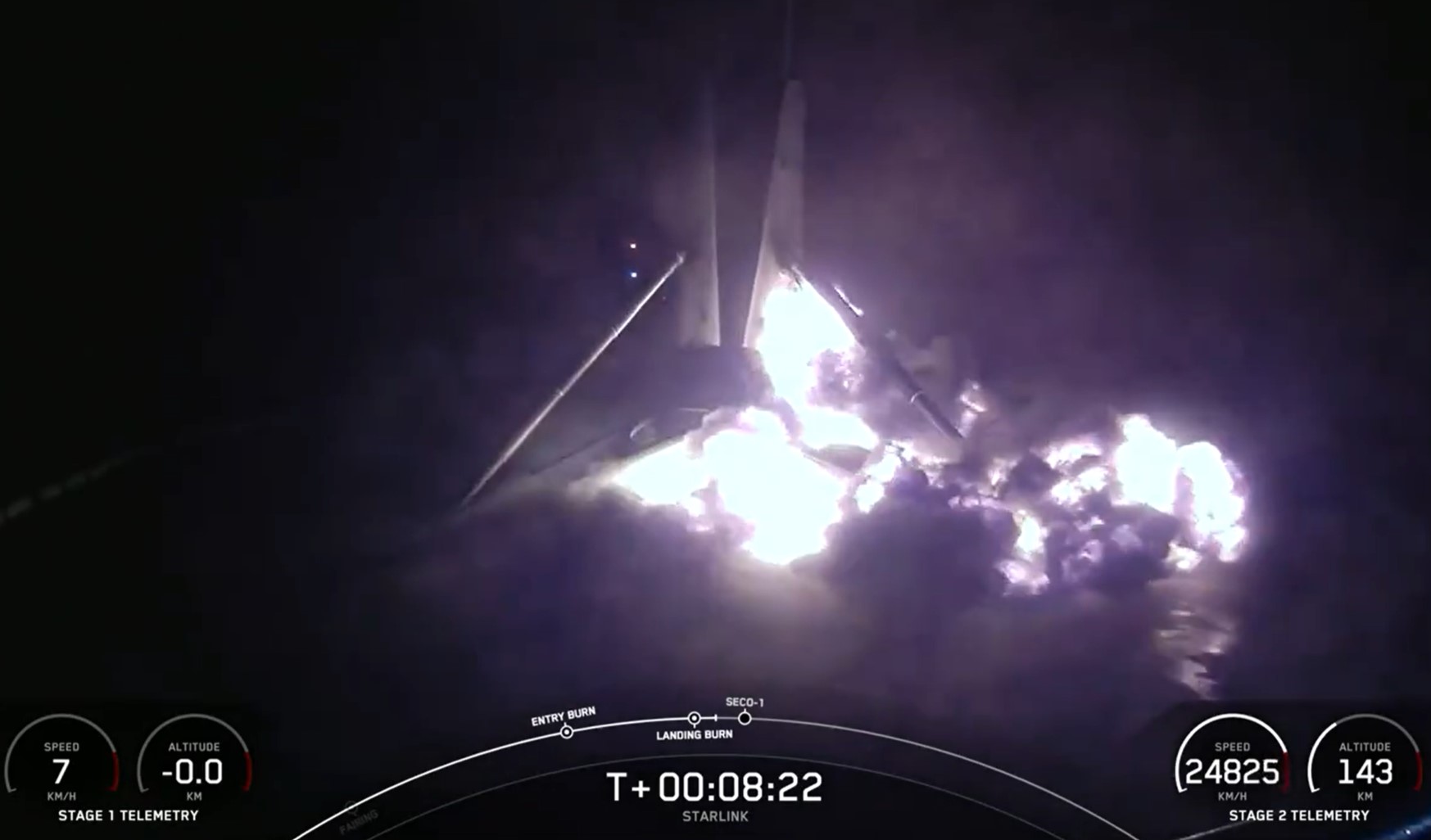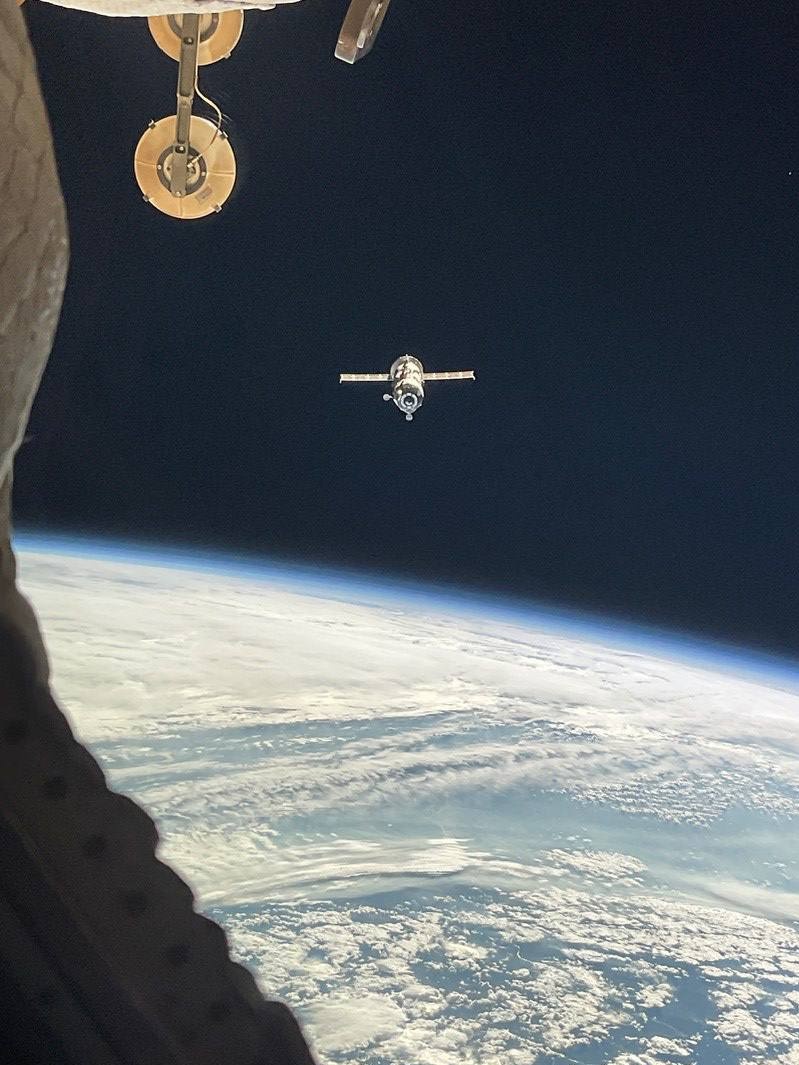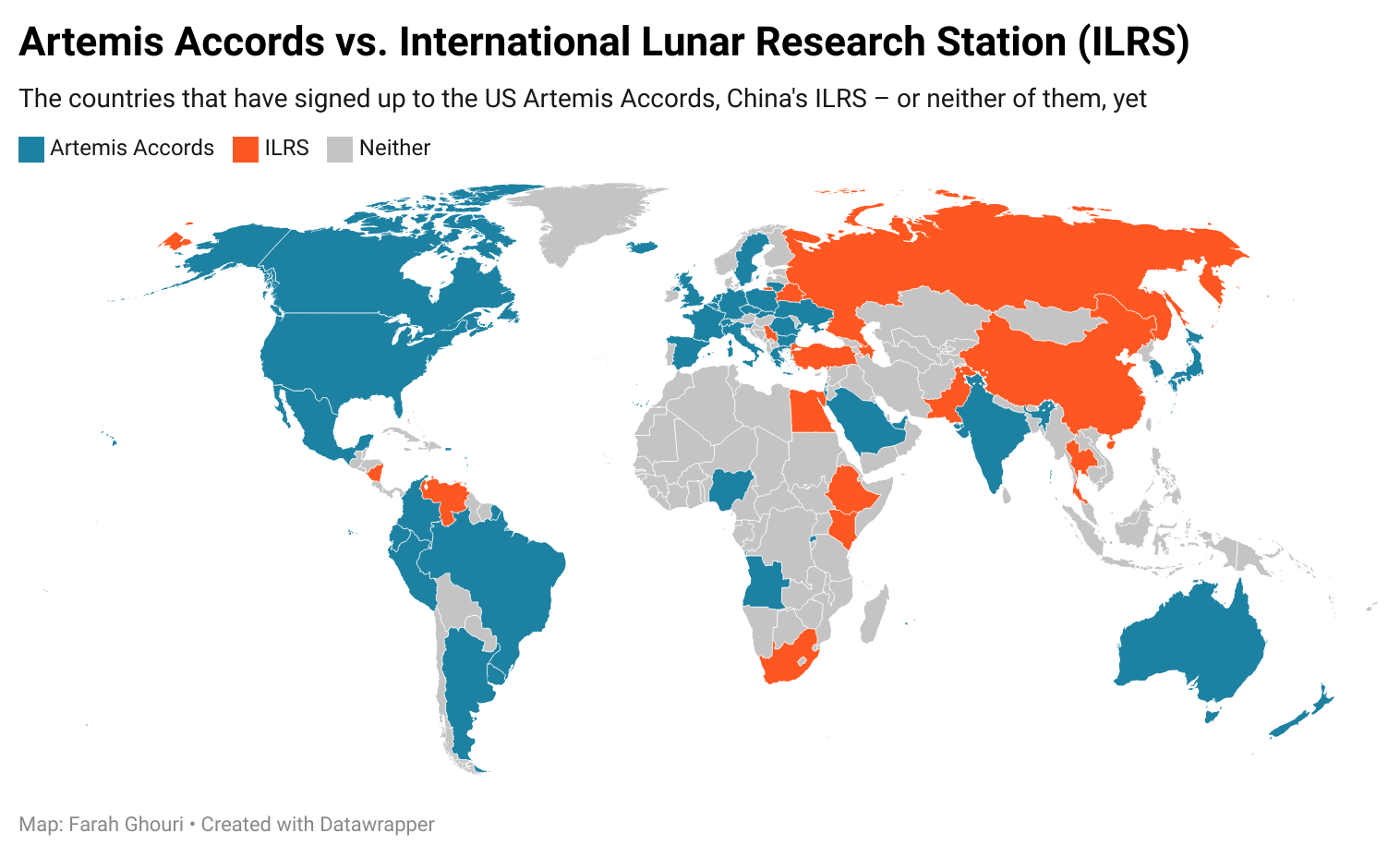In the latest disaster to beset Russian space industry, a Russian Proton M rocket went out of control shortly after its launch from the Baikonur launch site, near Tyuratam in Kazakhstan at 0238 GMT on 2 July. Three Glonass navigation satellites meant for the Russian equivalent of the GPS navigation constellation were destroyed in the subsequent explosion and impact with the ground. The cause of the failure is as yet unknown though a first stage engine shutdown was reported. Footage of the crash of the Proton M/Blok DM-03 was played on Russian Television.
The failure is no surprise to space experts who have continued to criticise Russian launch reliability which, unlike Western rocket experience, never seems to improve. According to the Ascend SpaceTrak database, this Proton launch failure is the fifth in the last four years including last Proton failure carrying three Glonass satellites in December 2010. Likewise, over the last 10 Proton flights there have been three failures – a 30% failure rate.
Updated: The launch and satellites were not insured directly but Russian insurance sources indicate that the launch was insured within the Russian space insurance market for third party liability upto a value of 6 billion rubles ($182 million) while the launch pad was insured for $20 million. There was not thought to be significant damage to the pad. However, a claim may yet be made for the clean up costs associated with the fuel contamination.
Unsually for this configuration of rocket, the Proton M used the later RD-276 engines for its first stage.




